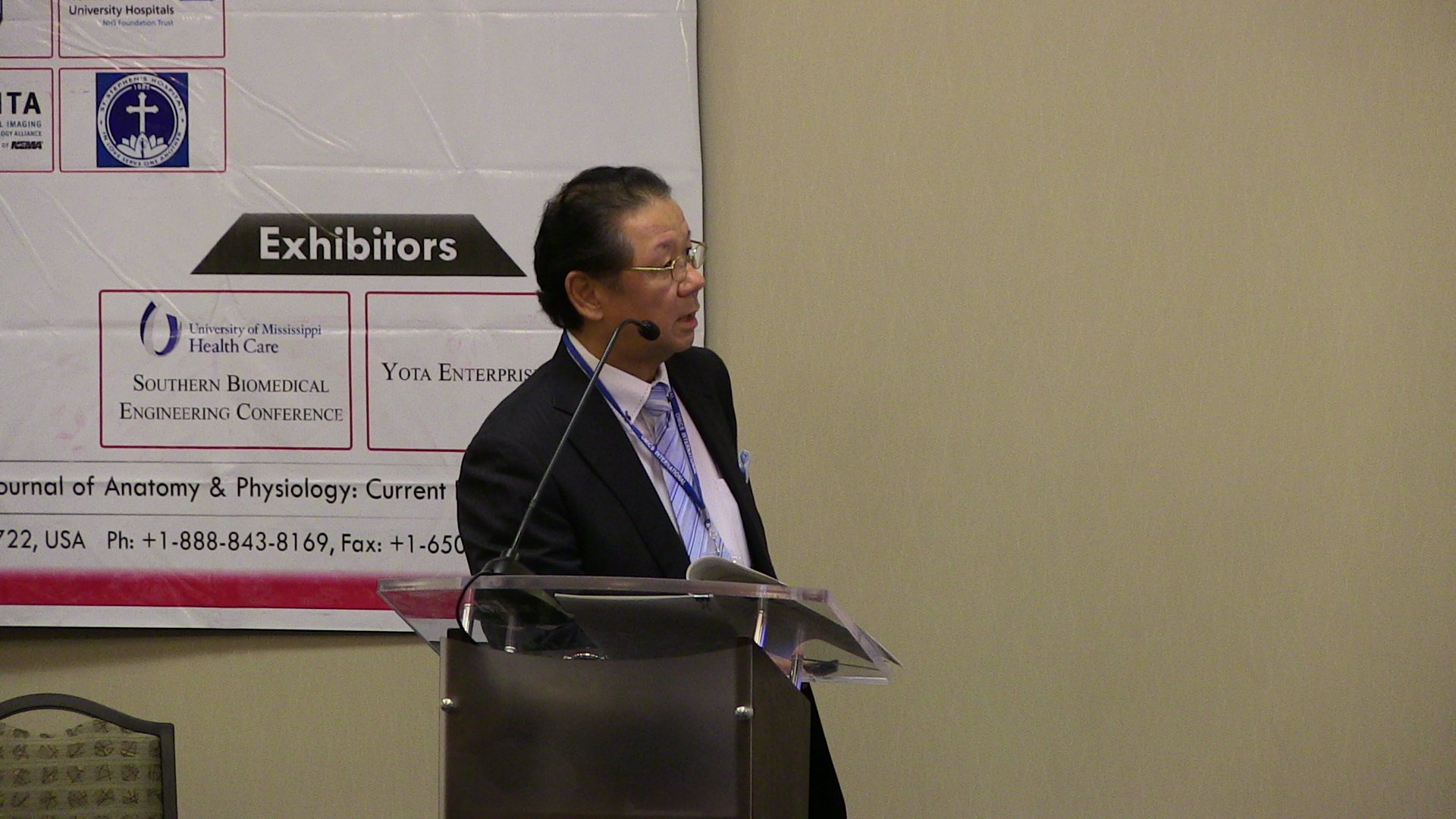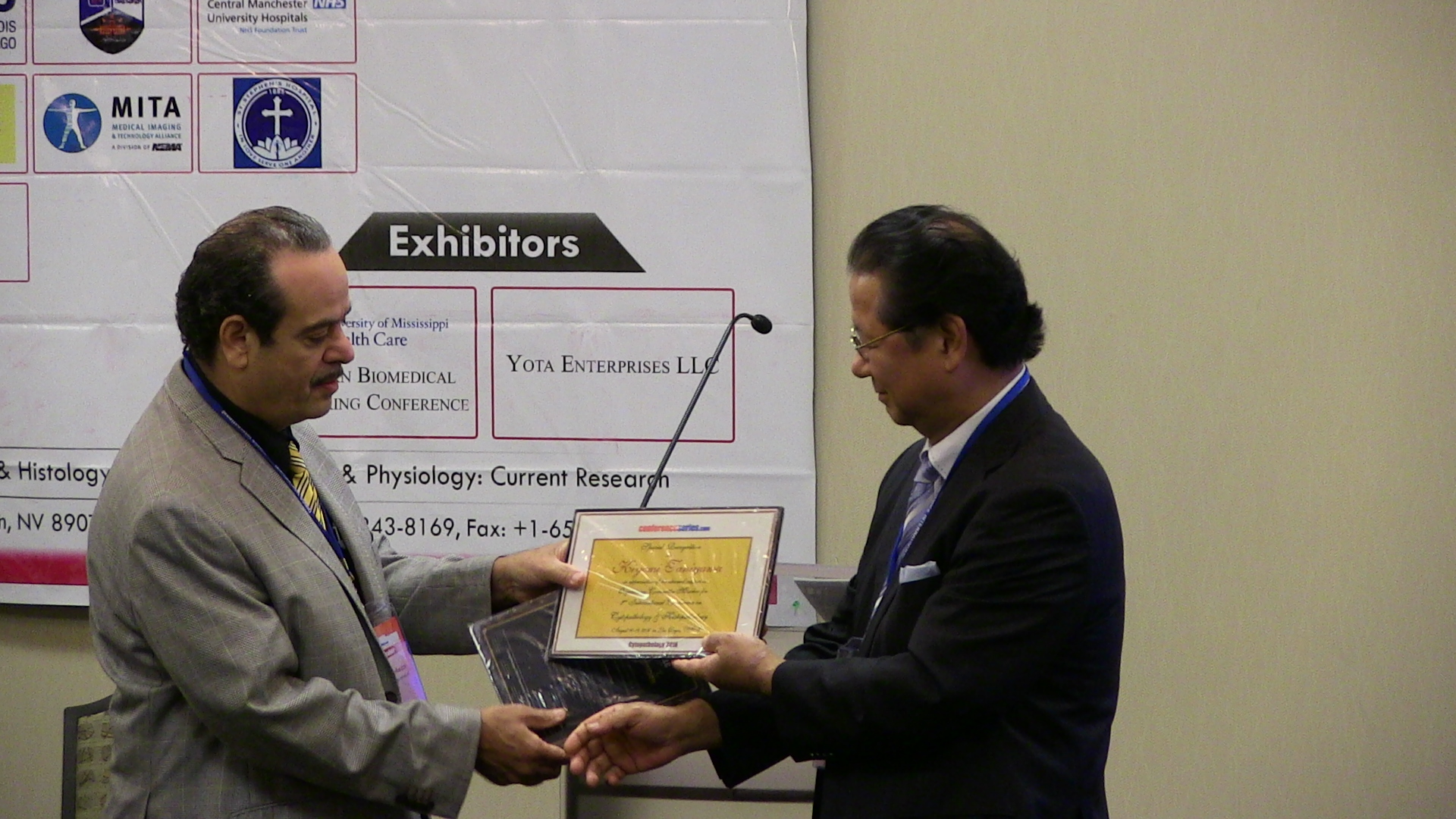
Kiyomi TANIYAMA
National Hospital Organization Kure Medical Center and Chugoku Cancer Center, Japan
Title: Aberrant DNA methylation as a predictive marker for disease progression of LSIL in uterine cervix
Biography
Biography: Kiyomi TANIYAMA
Abstract
In the present study, 113 patients were classified into four groups according to their cervical cytology, HPV infection and follow up. Cytology samples were examined for aberrant DNA methylation (abMet) of DLX4 and SIM1 genes and their protein expressions. CaSki cells were treated with 5-Aza-2´-deoxycytidine (5-aza-dC). Of 113 samples, 40 in Group 1 were negative for intraepithelial lesion or malignancy. 21 low-grade squamous intraepithelial lesions (LSILs) in Group 2 showed a continuance of LSIL for longer than 365 days, and 12 LSILs in Group 3 showed an up-grading to high-grade (H) SIL+ within 365 days after the diagnosis of LSIL. 40 in Group 4 were squamous cell carcinoma. All but Group 1 were infected with high-risk HPV. Significant difference existed in frequency of abMet between groups 2 and 3 (p = 0.044), between groups 3 and 4 (p = 0.020) for DLX4, and between groups 1 and 3 (p = 0.0003), as well as between groups 2 and 3 (p = 0.005) for SIM1 gene. DLX4 protein expression was significantly reduced in the DLX4 abMet positive tissues, as compared to the negative tissues (p = 0.008), and 5-aza-dC treatment extracted DLX4 protein expression of CaSki cells in a dose-dependent manner (p < 0.005). The LSIL cases with abMet of SIM1 gene or both genes progressed faster to HSIL+ than others (p = 0.033 or p = 0.048). Therefore, AbMet of DLX4 and SIM1 genes should be a useful and novel progression marker of uterine cervical LSIL with HPV infection.



